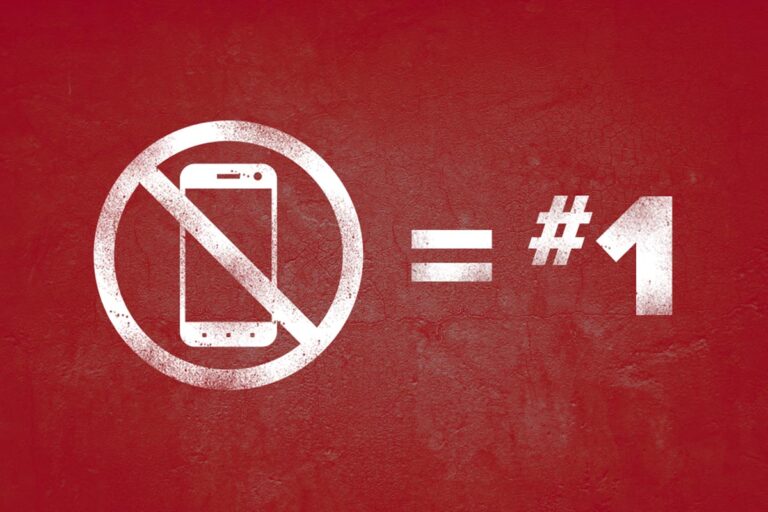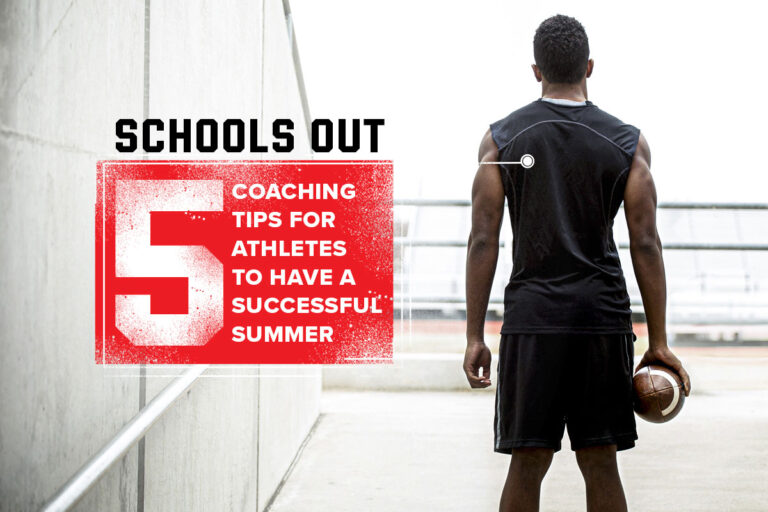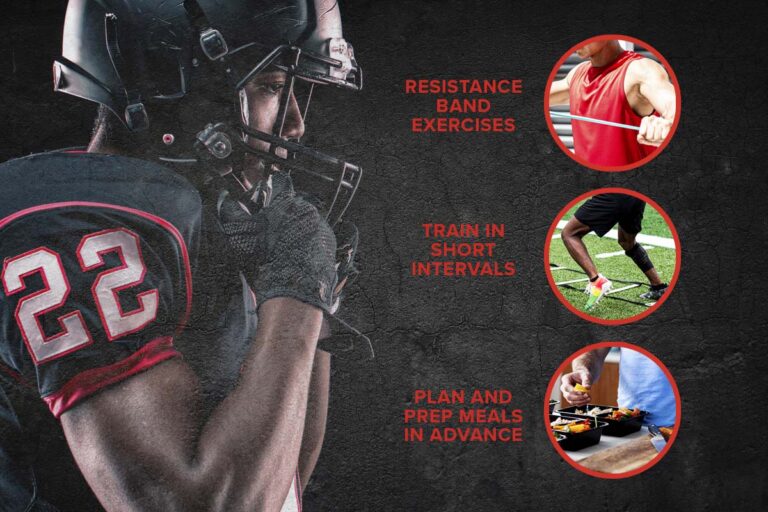While many high school graduates in the United States head straight to college after graduation, there has been a dramatic shift toward academic and service gap years over the last ten years. Historically, a post-grad or gap year was used by student-athletes who needed another year of athletic exposure to help them in the recruiting process, or by international students who would often take an entire year off between high school and college to travel. But now more and more students are wondering what they should do after their senior year of high school.
A survey taken just last year found that 40 percent of incoming freshmen were seriously considering taking a gap year. At Harvard University, 20 percent of first-year students opted to defer their admission, deciding to take a gap year rather than start their education online amid the COVID-19 pandemic. A number of student-athletes are choosing to take a gap year since they want the full college athletics experience, and not a COVID-19 impacted one. Or they’re taking a gap year because existing college athletes were offered extended eligibility when their seasons were shortened or cancelled due to the coronavirus pandemic, which means that there are limited roster spots (or none) available for incoming freshmen. Then there are the Ivy League athletes who crafted a gap year on their own after they were denied a season. Since no two gap years are alike, let’s take a closer look at what a gap year is and whether or not it might be a good option for you.
What Is A Gap Year?
A gap year is defined as: “A semester or year of experiential learning, typically taken after high school and prior to career or post-secondary education, in order to deepen one’s practical, professional, and personal awareness,” according to Gap Year Association.
A gap year offers high school graduates the opportunity to explore interests and challenge their comfort zones before starting college. It also allows athletes to continue playing their sport for one year with no penalty. However, athletes must stop competing in their sport after the one-year grace period in order to preserve their eligibility. That’s because athletes generally have one year after they graduate from high school to enroll in college.
Should I Take A Gap Year?
There are many different factors that go into determining whether or not you should take a gap year. Ultimately, you’re the only person who can decide what’s best for you. So, let’s take a look at some of the reasons why you might want to consider taking a gap year.
Reasons To Take A Gap Year
To Preserve Your Eligibility While Attempting To Get Recruited: Some post-grad student-athletes choose to attend elite college preparatory schools where they can compete against junior college teams and other prep teams. By doing this, they’re able to showcase their skills and use their time at the prep school as a college resume builder to help them get recruited either at one of the top programs in the nation, or at an Ivy League school. The key here is that attending a prep school preserves your eligibility, whereas athletes who attend junior college use two years of eligibility.
To Try To Get A College Scholarship: Some athletes just aren’t able to get the attention that they deserve for a variety of reasons. Maybe it’s because they were injured and unable to play during recruiting time, or they just developed a little later than their peers. So, athletes that are scholarship capable can take a gap year (or semester) and attend a prep school to try to get scholarship offers.
You Want The Full College Athletics Experience: For a lot of student-athletes, playing sports is a big reason why they enjoy their college experience so much. They’re able to play the game that they love and become friends with their teammates, creating memories both on and off the field. With COVID-19 impacting college athletics, some student-athletes decided they’d rather take a gap year in order to get the full college athletics experience, and not an altered one due to the coronavirus pandemic.
To Play A Different Position/In A Different System: Sometimes athletes play out of position in high school, or in an offensive and/or defensive system that isn’t quite right for them. By attending a prep school, they can play a different position or in a system that’s better suited for their skill set. Prep schools can also play athletes in positions/systems where they would fit best for colleges.
For Religious Reasons: Some athletes also take gap years for religious reasons. For example, student-athletes who are members of The Church of Jesus Christ of Latter-Day Saints serve two-year missions. These players have six years to play four, as opposed to other student-athletes who have five years to play four.
For A Competitive Advantage: Some first-year student-athletes are a year older than their peers, giving them a competitive advantage over other student-athletes who are right out of high school. So, if you know you’re going to be playing a sport in college, it might be beneficial to give yourself another year to train, physically mature, and prepare for college athletics.
You Need Some More Time: Elite athletes who have been focusing mostly on national competitions throughout high school might want to take a gap year in order to prepare themselves for college-level work. There are also young athletes, who have dedicated their lives to their sport, that might not feel emotionally and/or socially mature enough for college just yet, and may choose to use the gap year as a way to enhance those areas of their life. Prep schools can help develop athletes’ maturity by having them take on a schedule that’s similar to the one they’ll have for college athletics.
To Find Your Purpose: If you’re not exactly sure what you want to do after high school, you might want to consider taking an intentional gap year to do career exploration or an internship. This type of experience will show you what your major is actually like in the real world and also provide you with some much-needed clarity and purpose.
You Need A Break: Some high school graduates experience academic burnout from the competitive pressures of high school. So, rather than going straight to college and continuing that same cycle, they take a gap year as a way to recharge. Injured athletes may also take a gap year in order to heal and get back into playing shape.
You Want To Take Ownership Of Your Life: The decision to take a gap year should come from you, and only you. So, if you’re doing it because a family member recommended it, or a friend is doing it and it sounds fun, it might be a good idea to reexamine your thinking. In order to make the most of your gap year, you should have a solid reason for doing it, as well as a plan in place. After all, a gap year isn’t a year off, it’s a year for growth and improvement.
Things You Can Do During Your Gap Year
A gap year is intended to be highly personalized. So, it’s up to you to decide what you’d like to do and learn during your gap year. Here are some of the most common activities pursued during a gap year for you to consider.
Developing A Skill: Unrecruited athletes can seek out post-graduate athletic programs to attend that will help them improve their skills, while also giving them a platform to showcase their talents. These types of programs also try to teach athletes life skills, as well.
Career/Work Experience: By working, either as a paid employee or through an internship, you’ll be able to get real world experience and develop life skills before you enter college.
Volunteering: You can learn new skills, make a positive impact, and also enhance your resume credentials as a volunteer. You might also be able to network and make connections that can help you in the future, as well.
Traveling: This option will allow you to experience what life is like in other parts of the world, and may even help you learn a foreign language through immersion.
How To Prepare For A Gap Year
Plan Ahead: A gap year is something that you should start thinking about toward the end of your junior year/the beginning of your senior year of high school. Whether it’s for athletic reasons, to take time to grow as a person, or you just need some time after high school to rest, recharge, and reevaluate everything, you’ll still want to discuss what you’ll be doing during your gap year, and plan for it with your guidance counselor. Some gap year programs are also very expensive. So, you’ll want to take that into consideration, and possibly look into potential scholarships or financial aid for the programs, as well. To stay on track for college admission, it’s probably a good idea to still apply to college while you’re in high school and then defer your admission for a year. However, if you decide not to apply to college during high school, come up with a plan for when you’ll visit and apply during your gap year.
Understand How A Gap Year Might Affect College Admissions: When it comes to college admissions, it’s important to know where the colleges that you’re applying to stand on gap years. So, make sure that the schools that you’re applying to have a clear deferral policy, and find out if you’ll have to pay a tuition deposit for the fall term for which you want to enroll. Some schools may require a summary of your gap year plans in order to allow you to defer your admission, as well. So, make sure that you have your gap year plan ready to go.













